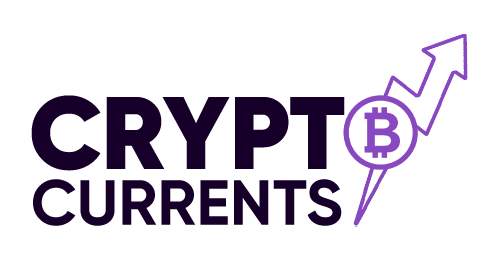
The $1.2 trillion spending bill requires a comprehensive audit by Chainlink. Tokenized assets are at the forefront of this significant development.
Introduction
In a recent video created by the Paul Barron Network, the focus is on the $1.2 trillion spending bill that aims to avert a shutdown and its potential impact on tokenized assets. Let’s dive into the details and explore why this bill needs a Chainlink audit in the world of tokenized assets.
The House’s Move to Pass the $1.2 Trillion Spending Bill
- The House recently took a significant step by passing a $1.2 trillion spending bill to prevent a government shutdown.
- This bill holds immense importance for the functioning of various sectors and is closely watched by experts and analysts.
Speaker Mike Johnson Faces Uncertainty
- Speaker Mike Johnson finds himself in a precarious position following the passing of the bill.
- The implications of this bill are far-reaching, and it has the potential to reshape the political landscape.
Tangem- The Sponsor for the Episode
- Tangem, the prominent player in the blockchain space, is the sponsor for this episode.
- Their association with this significant discussion underscores the relevance and impact of the topics being addressed.
The Defense Increase Within the Bill
- Notably, the bill includes provisions for a defense increase, highlighting the government’s focus on national security.
- This allocation raises debates over the budget distribution and priorities in government spending.
The Need for Audits in Government Expenditure
- The Pentagon’s history of failed audits raises concerns about transparency and accountability in government spending.
- The potential integration of AI in auditing processes could revolutionize the way funds are tracked and managed.
Enterprises Opting for Chainlink for Audits
- Enterprises across industries are turning to Chainlink for enhanced audit capabilities.
- The trust and reliability associated with Chainlink’s decentralized oracle networks make it a popular choice for businesses seeking transparent and secure auditing solutions.
Adoption of Chainlink in Financial Institutions
- Citi Bank’s utilization of Chainlink for tokenization showcases the growing significance of blockchain technology in traditional banking operations.
- The collaboration between banking giants and blockchain platforms signals a shift towards embracing innovative solutions for financial processes.
Implications of the Bill on Tokenized Assets and Bitcoin
- With the bill’s impact on tokenized assets and Bitcoin, the discussion expands to the regulatory framework surrounding digital currencies.
- Paul Barron delves into the repercussions of political decisions on the valuation and use of tokenized assets in the evolving financial landscape.
In conclusion, the $1.2 trillion spending bill carries significant implications for tokenized assets and the broader financial ecosystem. A nuanced understanding of the evolving regulatory landscape and technological advancements is crucial for navigating the opportunities and challenges presented by this bill.
FAQs After The Conclusion
- How will the $1.2 trillion spending bill impact the adoption of blockchain technology in government operations?
- What role does Chainlink play in enhancing audit processes for enterprises?
- How does the use of AI in audits address the challenges of transparency and accountability in government spending?
- What are the potential risks associated with tokenized assets in light of regulatory shifts prompted by this bill?
- How might Speaker Mike Johnson’s position be influenced by the outcomes of this spending bill?


![THESE BITCOIN WHALES JUST FOOLED EVERYONE! [Exact strategy....]](https://www.cryptocurrents.net/wp-content/uploads/2024/08/these-bitcoin-whales-just-fooled-everyone-exact-strategy-WhgubJxMmeA-796x445.jpg)

![WARNING: EVERY BITCOIN BEAR WILL BE LEFT CRYING [Huge chart.....]](https://www.cryptocurrents.net/wp-content/uploads/2024/08/warning-every-bitcoin-bear-will-be-left-crying-huge-chart-jgadWvvgEJw-796x445.jpg)

